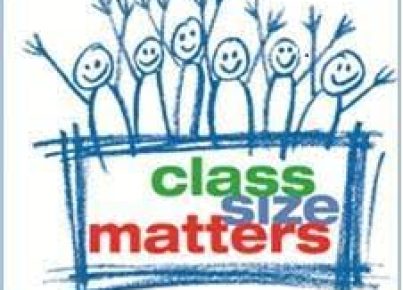In recent developments, the education bill that was widely anticipated to address major issues in the teaching community has hit a roadblock due to growing concerns over ‘fair access.’ The proposed legislation, aimed at improving the quality of education and promoting equal opportunities among students, now faces an uncertain future as legislators grapple with finding an acceptable balance between the various competing interests.
The crux of the debate lies in the question of whether or not the proposed bill truly promotes fair and equitable access to quality education for all students, regardless of their socio-economic background. Opponents argue that crucial aspects of the bill may disproportionately benefit wealthier students, while leaving underprivileged children further behind. As a result, the progress of the legislation has been stalled at committee level as stakeholders try to find common ground.
One key area of concern is around funding allocation. Critics point out that higher-income schools might receive a significant portion of additional funds, thereby widening the gap between rich and poor schools. They contend that a more equitable distribution model is necessary to ensure that resources are allocated according to need rather than wealth.
Another contentious issue is the matter of standardized testing. While advocates for the bill argue that rigorous testing ensures consistency and accountability across schools, opponents assert that it places undue pressure on students from disadvantaged backgrounds who might lack access to necessary resources and support systems. Furthermore, they fear that an emphasis on testing could lead to a narrowed curriculum and limit educators’ ability to foster creativity and critical thinking skills.
Finally, there are also concerns about teacher recruitment and retention within low-income school districts. The education bill proposes a system for offering incentives to encourage highly qualified teachers to work in underserved areas. However, critics argue that this may not be sufficient to address systemic barriers such as inadequate training programs and poor working conditions.
Despite these challenges, proponents of the bill remain optimistic about its potential benefits. They believe that, if amended to address concerns about fair access, the legislation could play a crucial role in ensuring that all students receive the best possible education, irrespective of their background. For now, the future of the bill remains uncertain as advocates and opponents continue to negotiate an acceptable compromise.
In conclusion, ensuring fair access is an essential aspect of promoting excellence in education. While progress on the proposed education bill has been stalled due to concerns about equitable access, it is crucial for legislators and stakeholders to work together in finding a solution to ensure that all students have access to quality education. Fostering thoughtful debate and innovative approaches will be paramount in overcoming these obstacles and crafting a bill that truly meets the needs of all students.





